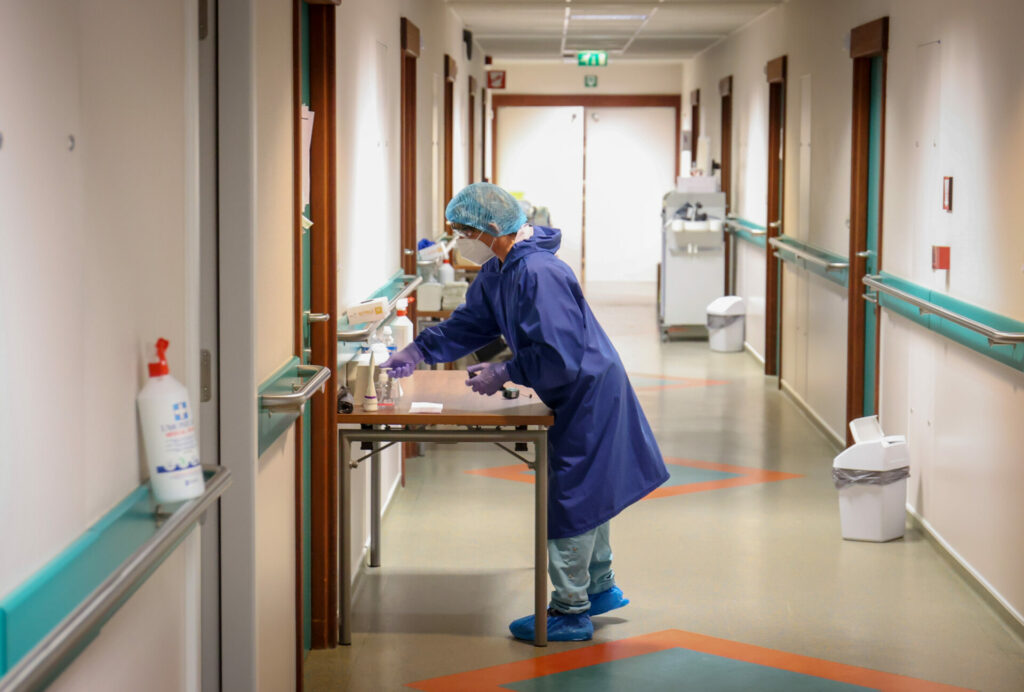French-speaking Belgians are significantly more likely to experience a negative incident during a hospital stay than patients in 15 other countries surveyed under the same OECD model.
New research set out to determine the quality of care in Belgian hospitals based on patients' experience during hospitalisation. Using a standardised model formulated by the OECD, participants were asked whether they had experienced a negative incident, defined as something occurring unexpectedly during hospitalisation and which has caused or could (still) cause harm to the patient. This includes medication errors, infections acquired in hospital, surgical mistakes, falls and bedsores.
Almost one in six (15.8%) said they had experienced at least one of these incidents, and one in seven (14.7%) left the hospital upset by a minor incident that did not qualify for the category (such as a failure to take dietary requirements into account). Other countries recorded lower rates: 6% in France, 6.6% in the Netherlands, 7.9% in the United Kingdom and 10.2% in Germany.
"Two years ago, my mother underwent hip replacement surgery, an operation that was thought to be harmless but that quickly took a dramatic turn," one woman told Le Soir. Within weeks, her mother's leg swelled up and turned red, and despite persistent pain and a worsening health condition, the doctor diagnosed a hematoma (usually not cause for concern) and did not administer treatment.
"The surgeon refused to question his initial diagnosis," she continued. "Ten months later, I learned that my mother had contracted a hospital-acquired infection. Today, she is hospitalised at home, facing a new reality of dependency. Our daily life has been turned upside down."
Good communication
The majority of respondents expressed satisfaction with the quality of communication between patients and staff. Three in four said that their healthcare questions were treated efficiently and nine in ten said they felt free to speak honestly with their healthcare professional.
Seven in ten said they were given clear post-hospitalisation instructions, two in ten said only partial advice was provided, and one in ten said the information they received was incomplete.
Of the participants who had experienced a negative incident, half noted that the mistake was met with an explanation, apology or support. The other half said they did not receive any helpful response when they reported a mistake.
Numbers into context
Despite higher figures than other countries surveyed, the report acknowledges certain factors that might impact the data. The majority of other studies surveyed the general population while Belgian research focused on people who had recently been hospitalised.
Researchers suggest that a portion of these respondents may have seen the study as an opportunity to tell their story. In addition, the Belgian definition of a negative incident encompassed a larger set of minor issues on top of grave medical errors.
The broader state of the healthcare system must be considered too. OECD standards state that the proportion of patients to healthcare professionals should be capped at eight to one – for every patient exceeding the cut-off, chance of death increases by 7%. In Belgium, there are currently around 9.5 patients per staff member compared to a European average of 8.3.
"In the current context, it is hard to believe that care safety can be guaranteed at its optimum if there are not enough staff to meet patients' needs," the report concluded. "If the aim is to improve quality of care, it is a safe bet that we will also have to improve the well-being of care staff, particularly nurses and orderlies."

